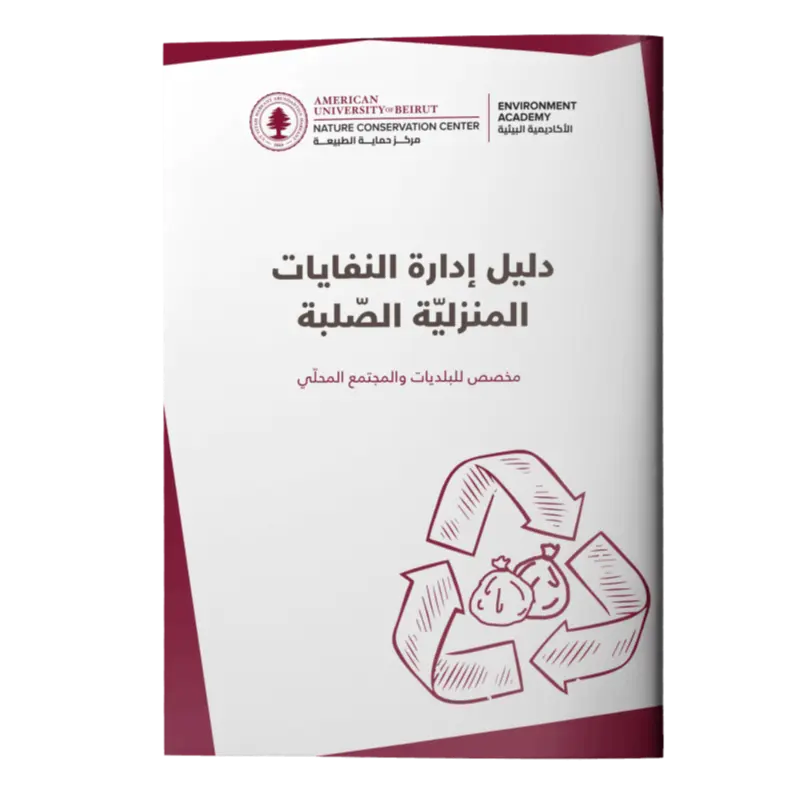Chair of a Technical Advisory Group on the Global Air Quality Platform and Health (GAPH-TAG) at WHO.GAPH-TAG - Sandstorms
Biogenic sources, such as nearby deserts, can also pose risks. To demonstrate this, I am working with a team of scientists under WHO to collect all the necessary evidence.


